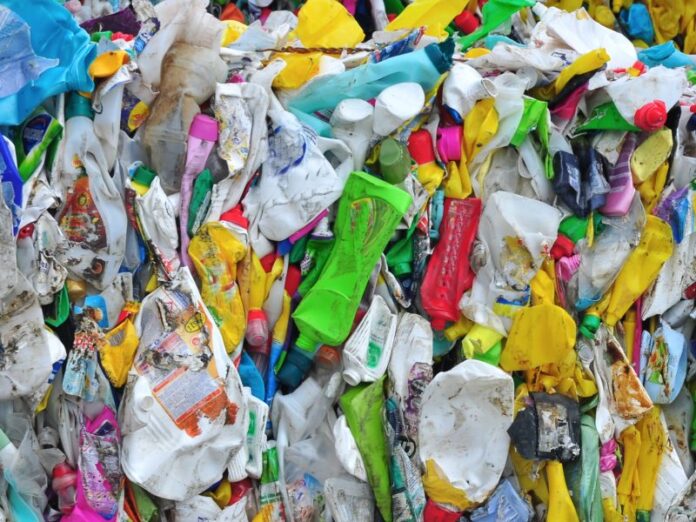
On September 12, Seimas – the Lithuanian parliament, passed amendments to the law on environmental pollution requiring all used plastic packaging to be recycled as of January 1, 2025. Amendment initiator Kasparas Adomaitis noted that currently, manufacturers are only obligated to recycle half of used plastic packaging, and do not pay environmental pollution taxes. For this reason the recycling system is weak. He suggests that manufacturers recycle all of their packaging, either with a deposit system or special bar coding. Adomaitis says that consumers probably believe the plastic they sort is recycled, but it is actually burned.
The new law would ensure that Lithuania would have to pay less environment taxes to the European Union. This tax comes from the state budget – that is, from the taxpayer’s pocket, and does not directly affect the producers of plastic packaging or vendors who use it.
Most European countries have much stricter rules regarding plastic packaging. Not only do they require plastic packaging to be recycled, thus saving on the environment tax, but new packaging must be at least partially made of recycled plastic.
 In 2019, Canadians produced more garbage per capita than any other country. Even worse – Canada sends that waste to developing countries. Between 2017–22, Canadians shipped more than 2,300 metric tons of garbage overseas. Only 9% is recycled while the rest ends up in our landfills, waste-to-energy facilities or the environment. The plastics industry has another explanation as to why recyclable plastic is being landfilled. “It was too easy to ship material to China,” said Joe Hruska, vice-president of sustainability for the Canadian Plastics Industry Association. Environment and Climate Change Canada’s Single-use Plastics Prohibition Regulations will prohibit the sale of plastic checkout bags, cutlery, food service ware, stir sticks and straws in Canada after December 20, 2023. Those regulations are part of the department’s plan to address pollution and prevent plastic waste.
In 2019, Canadians produced more garbage per capita than any other country. Even worse – Canada sends that waste to developing countries. Between 2017–22, Canadians shipped more than 2,300 metric tons of garbage overseas. Only 9% is recycled while the rest ends up in our landfills, waste-to-energy facilities or the environment. The plastics industry has another explanation as to why recyclable plastic is being landfilled. “It was too easy to ship material to China,” said Joe Hruska, vice-president of sustainability for the Canadian Plastics Industry Association. Environment and Climate Change Canada’s Single-use Plastics Prohibition Regulations will prohibit the sale of plastic checkout bags, cutlery, food service ware, stir sticks and straws in Canada after December 20, 2023. Those regulations are part of the department’s plan to address pollution and prevent plastic waste.
China is responsible for 32% of global plastic materials production in 2021, making it the world’s number one plastic producer by far. China is followed by the world’s second largest plastic producing region: North America, responsible for 18% of plastic production. In Europe, the plastic footprint is 15%.
According to some sources, the top 10 countries doing the most to tackle plastic pollution are Kenya, Germany, Norway, France, Chile, Sweden, Peru, and India. India shocked the world in 2017 when it announced it would eliminate all single-use plastic by July 2022.
Waste management experts say the problem with plastic is that it is expensive to collect and sort. There are now thousands of different types of plastic, and none of them can be melted down together.





























